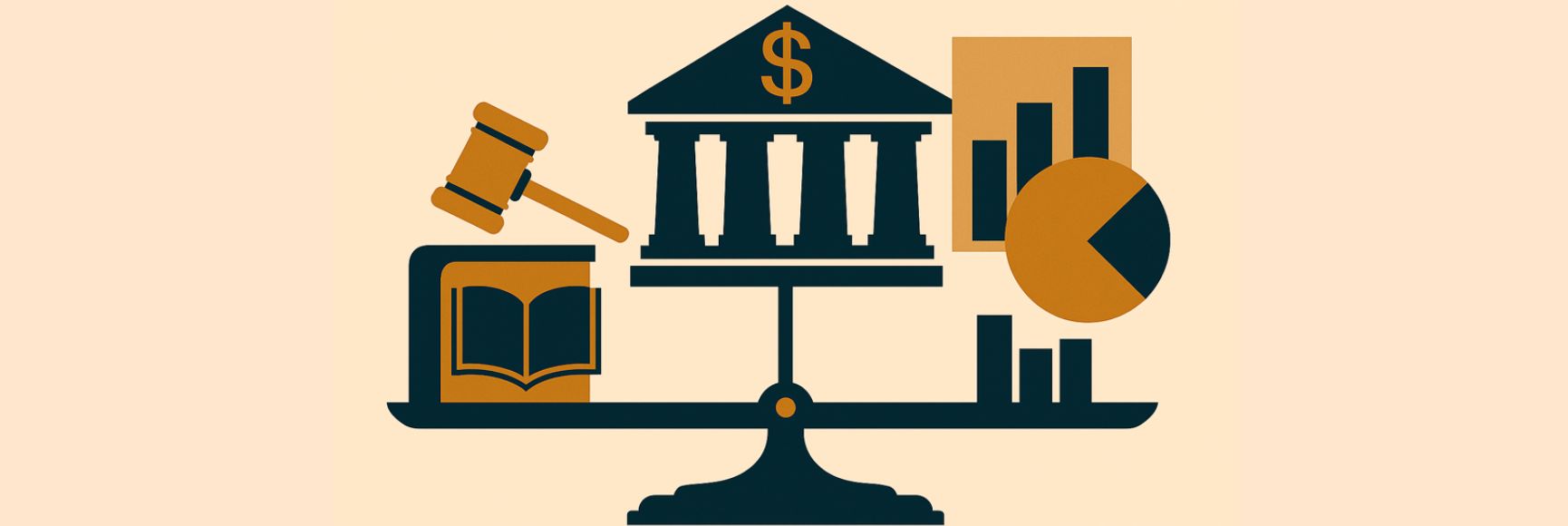Unlike most advanced-economy democracies, New Zealand has no fiscal council or other kind of independent fiscal institution. Should it create one?
A case could be made that it doesn’t need one. It’s a small country, and public resources are thus especially scarce. Moreover, the Secretary of the Treasury has a degree of independence from the Minister of Finance and the Cabinet, and the Treasury has had a reputation for providing unbiased fiscal forecasts (see the former FAD Director Teresa Ter-Minassian’s 2014 review of the Treasury’s advice on fiscal policy and Jeffrey Frankel’s 2011 paper (gated).
In 2018, the Treasury nevertheless floated the idea of creating an independent fiscal institution, with the goal of improving the quality of debate about public finances. The Government then proposed creating a Parliamentary Budget Officer, who, supported by a small office, would report to the Parliament (not the executive) on various aspects of public finances and also estimate the cost of political parties’ election platforms—long a controversial issue in New Zealand. The proposal didn’t, however, win the support of the Opposition, whose leader expressed skepticism about the true independence of the electoral costings, and following the constitutional norm that such changes should have cross-party support, the proposal was dropped.
Since 2018, the case for having an independent fiscal institution has become stronger, as argued in our paper in this issue of New Zealand's Policy Quarterly, which proposes the revival of the idea of creating a Parliamentary Budget Officer, and in this paper, which discusses weakness in New Zealand’s fiscal institutions, to which John Zohrab, former IMF Regional Adviser for the Caucasus and Central Asia, made a major contribution before his death in December 2022.
Among other problems, the quality of fiscal management has declined, with the budget deficit recently becoming structural (see the IMF’s 2024 Article IV report). Ministers seem, moreover, to have learned to game fiscal forecasts by adjusting the assumptions about future government policies that they give the Treasury for the forecasts. The gross debt of general government has risen from a low of 16 percent of GDP in 2007, before the global financial crisis, to 47 percent of GDP in 2024, while the estimated deficit (measured as the net lending of general government) in 2024 was 3.8 percent of GDP (see the IMF’s October 2024 World Economic Outlook database). In the longer term, the fiscal situation is expected to worsen as the population ages and the world warms. There are also serious doubts about whether the government is getting good value for money from its spending on health, education, transport infrastructure, and other publicly funded services.
Creating a Parliamentary Budget Officer wouldn’t directly solve any fiscal problems. Powers over spending, taxing, and borrowing would remain, appropriately, with elected officials, but a publicly resourced body that was independent of the executive could foster more-informed public and Parliamentary debate about both the problems and their possible solutions. Whether there is political support for the creation of such a body is unclear.




